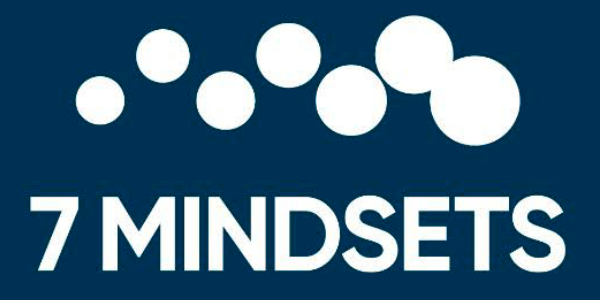An older woman riding the subway was getting increasingly upset as a young child ran rampant throughout the train car. The father sat quietly in his seat, showing no reaction and making no effort to control his child. Finally, the woman approached the father and admonished him for not teaching his child proper discipline. The father, with a tear in his eye, explained that they had just come from the hospital, where his wife and the mother of their child had just passed away. They had left to get some air, but he simply didn’t have it in him right then to manage his child right then.

Most of us feel tremendous regret for things we did in the past, none of which we can change. We fear catastrophic outcomes in our future, even though none of it has happened yet. We become sad and depressed one day and nothing has changed from yesterday when we felt great. We are our own worst critics, riddled with self-doubt and fearful of doing the very things we need to do to be happy.
You can lump resentment towards others into the category of self-induced suffering that does absolutely no good for anyone at all; and unfortunately, it can have huge negative ramifications in our lives.
So how does one overcome these damaging tendencies? As with all our work, the answer lies in changing your mindset.
Here are 4 techniques for forgiving others to help you release your resentments and focus your energy forward.
1-Be a little selfish

2-Seek growth
In our research, we studied individuals who had accomplished great things, as well as people who experienced great joy and meaning in life. All of them, without exception, could point to difficult times in their lives as essential to their ultimate success and happiness. Our greatest lessons come through adversity. We may learn a skill, gain a new level of determination and fortitude, or build a greater understanding about ourselves that becomes the catalyst to a better future. No matter how neglected, overlooked, or wronged you feel, try to look deeply into the situation and find the lesson. “Turn your wounds into wisdom,” as Oprah says.
3-Bless their heart
I know, it sounds a little southern, so you can put your own jargon to it, but the concept is to actually have empathy for the person who has wronged you. Once you know the importance of empathy, it may make it easier for you to feel for other people and put yourself in their shoes, in order to get a better understanding of what they are going through.
My children, for example, can be very rude to me from time to time. It’s easy for me to go straight to anger and lash out, inevitably doing more damage. But the times when I’m most effective at managing moments of friction with my kids is when I change my perspective. I think of my children as young developing people who are figuring out how to function in this world. Their anger towards me is not disrespect, but rather their own frustration, and it is up to me as their parent to help them.
I learned this concept from a friend of mine who is a little southern. In her mind, when someone is rude to her, she says, “bless their heart.” It’s a way for her to build her empathy muscles, put herself in their shoes and act with more compassion and effectiveness.
4 – Expand the positives
There is a great quote we use when working with students: “Energy flows where attention goes.” I know some very effective marriage counselors who use this very strategy. They work with 
As you think about all the things you dislike about someone else or all the ways they have wronged you, consider flipping it over and finding the things that you like and the wonderful things they have done for you. This can be very powerful, especially in important relationships that you want to maintain for a long time.
They say to err is human, and to forgive is divine. Perhaps the ultimate form of grace is to let go of the animosity in your heart towards another human being. At the end of the day, all we really have are the moments in our lives. Each second we spend in resentment is a moment of suffering and a moment we will never recover. Find it in your heart to forgive those who have trespassed against you, and you will immediately be on a path to a happier life.




